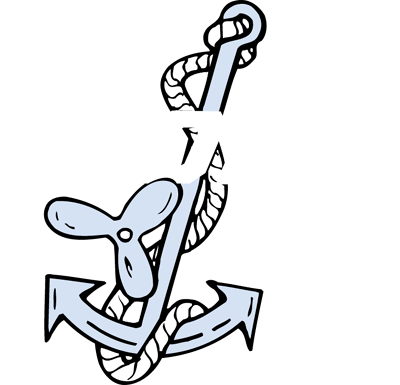Commandant Affirms Another Drug-Related Dismissal On Procedural Grounds
USCG vs. MICHAEL AARON FRANKS
(App. Dec. 2704) (July 30, 2014)
In this decision, the Commandant ruled that the third element of the Coast Guard’s case must be proof of compliance with 46 CFR Part 16. In so ruling, the Commandant concluded that the drafters of 46 CFR Part 16 recognized, in its preamble, the potential role of the Fourth Amendment to the United States Constitution in precluding unreasonable searches and seizures. That preamble continues by stating that, for proof of a drug case, the government must demonstrate that the public’s legitimate interest in conducting the search outweighs the individual’s legitimate expectation of privacy. Accordingly, the court (read, ALJ) must consider “the scope of the intrusion, the manner in which it is conducted, and the justification for initiating it.” This means, in the context of a Coast Guard drug test failure case, that the purpose of the test must be proven at the hearing, as well as that the reason must have been legitimately and properly applied to the circumstances of the mariner’s testing.
In the ALJ hearing below, the evidence was that the mariner had been ordered by his employer to appear for a ”periodic” drug test: he did so and tested positive for cocaine metabolites. Under 46 CFR sec. 16.220, “Periodic” drug tests are required for an initial or renewal license issue, or a raise of grade. At the hearing, the Coast Guard offered no evidence of why the “Periodic” test had been ordered. This, according to the ALJ, Dean C. Metry, was fatal to the Coast Guard’s case because it did not satisfy the third element of its burden of proof for a drug case, applying the requirements of 46 CFR Part 16.
On appeal, the Coast Guard attempted, unsuccessfully, to argue that compliance with Part 16 was never required as a third element of proof, and that it had never before been concerned with the “why” of a drug case, only the “how” (meaning that it had to show procedural compliance only), a position that had, in fact, been affirmed in some prior Appeal Decisions.
Citing the constitutional dimensions of a drug test as noted above, the Commandant concluded that the Coast Guard’s third element of proof in a drug case must include proof of compliance with 46 CFR Part 16, or the testing would “expose the mariner to potentially unreasonable government action…” App. Dec. 2704 at 9 (2014). The ALJ’s dismissal of the Coast Guard’s Complaint below was upheld.
As we have noted in earlier articles (see, e.g., CURRENTS & EDDIES, May 9, 2012 [USCG v. GREEN]), the one consistent way to defeat a Coast Guard drug test failure charge remains proving that the Coast Guard’s case did not strictly comply with the letter of the regulatory testing protocols. The classic example of that, and a flaw that has resulted in several overturned convictions, has been the Coast Guard’s failure to prove actual “randomness” when that was the stated reason for the test (that was the case in GREEN). The FRANKS decision now adds to that defense one more possibility for a successful challenge: failure on the part of the Coast Guard to properly prove WHY the drug test was undertaken by the mariner.
